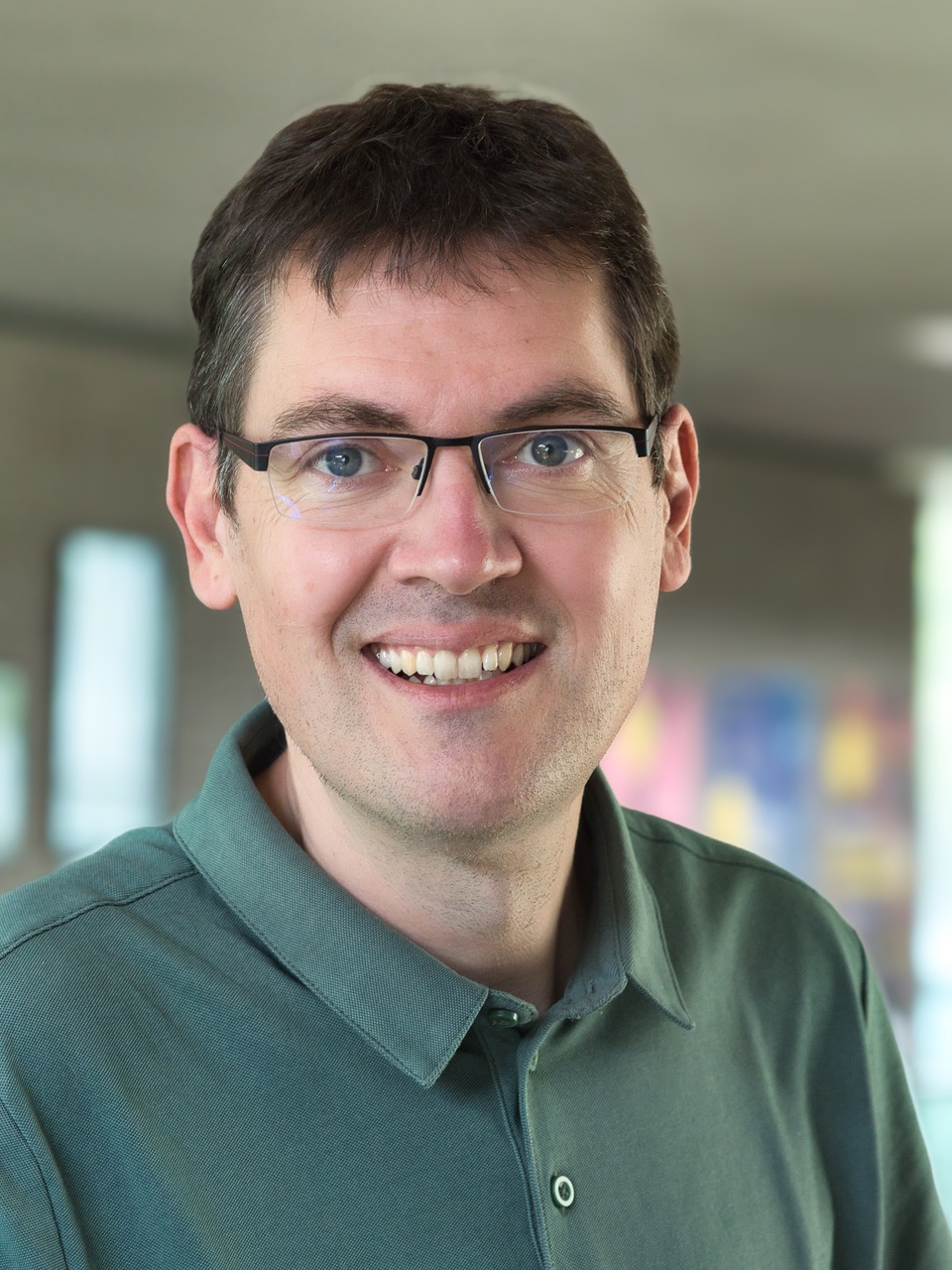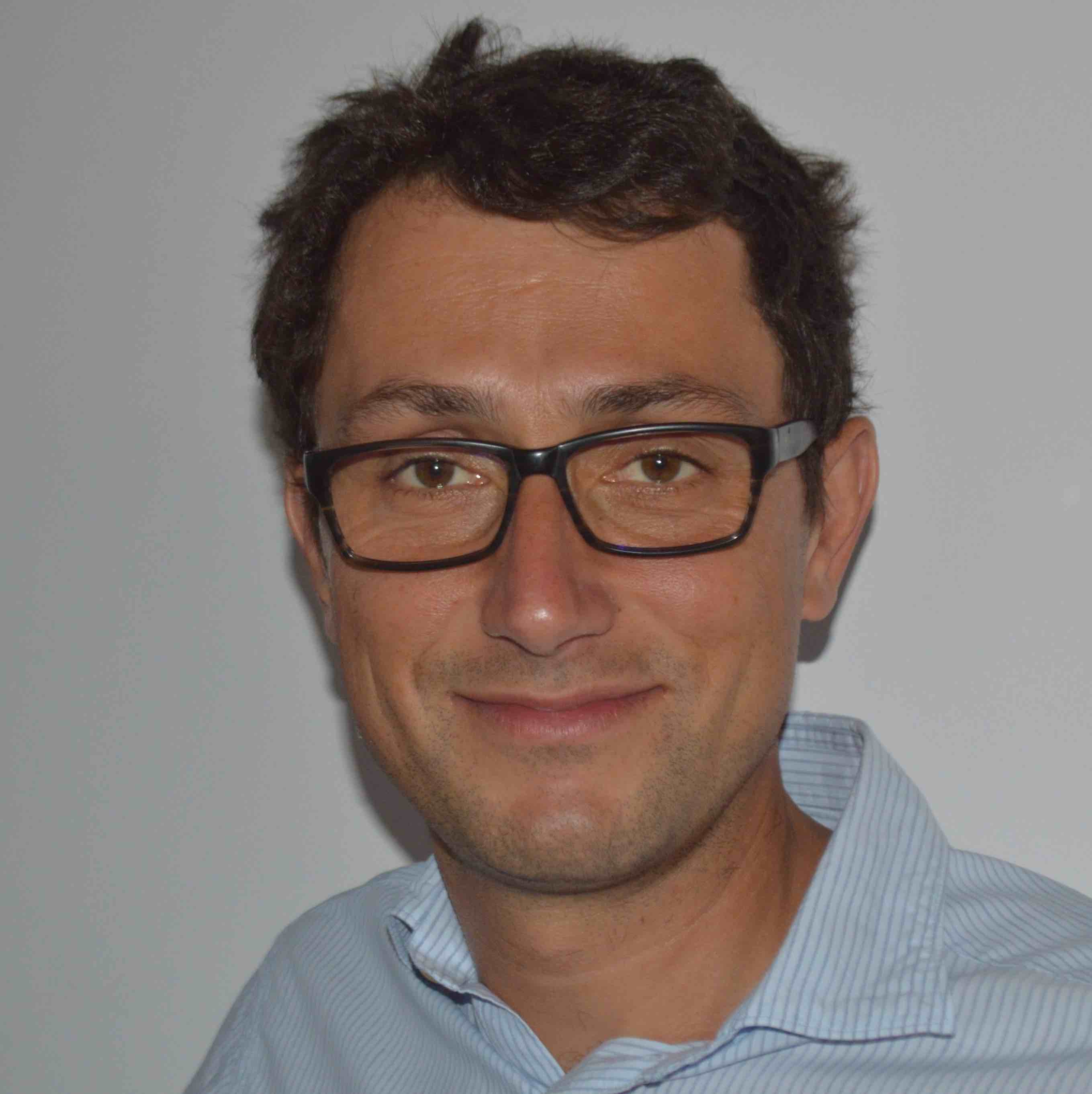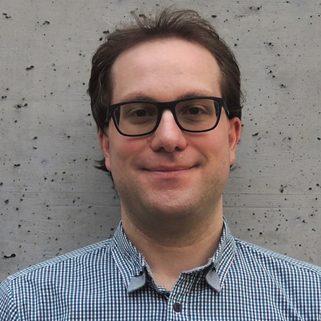Frank Kargl
Putting Trust in Networks
Abstract
In his talk, Frank Kargl will investigate the role of trust in networks and cyber-physical systems like connected, automated vehicles. He will show how trust modeling will allow to better understand trust relationships in such systems and how this knowledge can be exploited both from a security and safety perspective and how this links to the ideas and concepts of Zero Trust. Using the Subjective Logic framework, he will introduce recent results of the EU-Horizon project CONNECT towards a holistic Trust Assessment Framework.About the speaker
 Frank Kargl is full professor for distributed systems at Ulm University, Germany. His main research interests are security and privacy of networked and cyber-physical systems and a large share of his research centers around security and privacy of connected and automated vehicles, where he provided numerous research articles since 2005. Recently, he is particularly interested in the role of trust in such networks and how trust modeling can help us to achieve more trustworthy, secure and reliable IT systems.
Frank Kargl is full professor for distributed systems at Ulm University, Germany. His main research interests are security and privacy of networked and cyber-physical systems and a large share of his research centers around security and privacy of connected and automated vehicles, where he provided numerous research articles since 2005. Recently, he is particularly interested in the role of trust in such networks and how trust modeling can help us to achieve more trustworthy, secure and reliable IT systems.
Costin Raiciu
Transport protocol design for AI/ML Networks
Abstract
Despite the commonly held belief that the network is not the bottleneck in datacenters, training machine-learning workloads is network bound and has lead to the deployment of fully provisioned folded Clos topologies. Even so, in production that communication makes up 15% to 75% of training time depending on the model, and this is expected to become worse as training clusters increase in size; worse, existing transports fail to properly utilize the available core capacity. We analyze in detail how we can improve networking for AI/ML training, with a particular focus on understanding how packet spraying can be used to achieve good performance for difficult collective communications such as all-to-all. We will give an overview of the Ultra Ethernet Consortium, a novel standardisation body that is now working on defining the transport for AIML networks.About the speaker
 Costin Raiciu received his B.Sc. and M.Sc. from University Politehnica of Bucharest in 2003 and 2004, and his PhD from University College London in 2011. Costin is now a Chief Architect in Broadcom's Core Switching Group and Professor in the Computer Science Department of University Politehnica of Bucharest. His research interests include networking, systems and verification. Costin is keen on pushing his research work into production, with Multipath TCP, and EQDS example protocols undergoing standardization or already deployed.
Costin Raiciu received his B.Sc. and M.Sc. from University Politehnica of Bucharest in 2003 and 2004, and his PhD from University College London in 2011. Costin is now a Chief Architect in Broadcom's Core Switching Group and Professor in the Computer Science Department of University Politehnica of Bucharest. His research interests include networking, systems and verification. Costin is keen on pushing his research work into production, with Multipath TCP, and EQDS example protocols undergoing standardization or already deployed.
Carlo Alberto Boano
Increasing the Robustness of Ultra-Wideband Systems to Harsh Environmental Conditions
Abstract
The outstanding time resolution and multipath resilience of ultra-wideband (UWB) radios, together with their relatively low power consumption, enable the development of contact tracing and indoor positioning applications in which tiny battery-powered tags can estimate their distance or location with centimetre-level accuracy. Because of this, UWB technology has recently gained momentum, with a fast-growing market and an increasing integration into high-end smartphones as well as modern vehicles. However, the performance of UWB systems and their usability in real-world settings decreases significantly in the presence of highly-cluttered and congested RF environments. On the one hand, the rollout of Wi-Fi 6E -- an extension of the IEEE 802.11ax standard allowing Wi-Fi devices to operate at 6 GHz -- represents a major threat for UWB-based systems, as they share portions of the same spectrum and operate at a significantly lower transmission power, which may results in a high packet loss. On the other hand, UWB systems may experience ranging errors up to a few metres in non-line-of-sight (NLOS) conditions, i.e., when the direct path between two UWB devices is either attenuated or blocked by obstacles. This keynote talk illustrates the recent research efforts that we have pursued in our group to understand and mitigate the impact of Wi-Fi 6E interference and NLOS conditions on the robustness and usability of UWB systems.About the speaker
 Carlo Alberto Boano is an associate professor at the Institute of Technical Informatics of Graz University of Technology (TU Graz), Austria, where he leads the Low-power Embedded Networked Systems (LENS) group. He obtained his doctoral degree from TU Graz in 2016 with a thesis entitled 'Dependable Wireless Sensor Networks' and the Venia Docendi in 2020. Before joining TU Graz, he was affiliated with the University of Lübeck, Germany (2009-2013) and at the Swedish Institute of Computer Science, Sweden (2008-2009). Carlo Alberto's research interests encompass the design of dependable and sustainable networked embedded systems, with strong focus on reliable and efficient low-power wireless networking, as well as centimeter-accurate localization of embedded devices. Within this area, he has published over 120 peer-reviewed contributions (including several articles at flagship conferences such as SenSys, IPSN, INFOCOM, ICDCS), received several awards, delivered dozens invited talks, and served in the technical program committee of more than 70 scientific events as well as in the editorial board of leading journals such as the IEEE IoT Journal. Carlo Alberto Boano is also serving as general co-chair for the upcoming EWSN'24 conference. More info at http://www.carloalbertoboano.com/
Carlo Alberto Boano is an associate professor at the Institute of Technical Informatics of Graz University of Technology (TU Graz), Austria, where he leads the Low-power Embedded Networked Systems (LENS) group. He obtained his doctoral degree from TU Graz in 2016 with a thesis entitled 'Dependable Wireless Sensor Networks' and the Venia Docendi in 2020. Before joining TU Graz, he was affiliated with the University of Lübeck, Germany (2009-2013) and at the Swedish Institute of Computer Science, Sweden (2008-2009). Carlo Alberto's research interests encompass the design of dependable and sustainable networked embedded systems, with strong focus on reliable and efficient low-power wireless networking, as well as centimeter-accurate localization of embedded devices. Within this area, he has published over 120 peer-reviewed contributions (including several articles at flagship conferences such as SenSys, IPSN, INFOCOM, ICDCS), received several awards, delivered dozens invited talks, and served in the technical program committee of more than 70 scientific events as well as in the editorial board of leading journals such as the IEEE IoT Journal. Carlo Alberto Boano is also serving as general co-chair for the upcoming EWSN'24 conference. More info at http://www.carloalbertoboano.com/